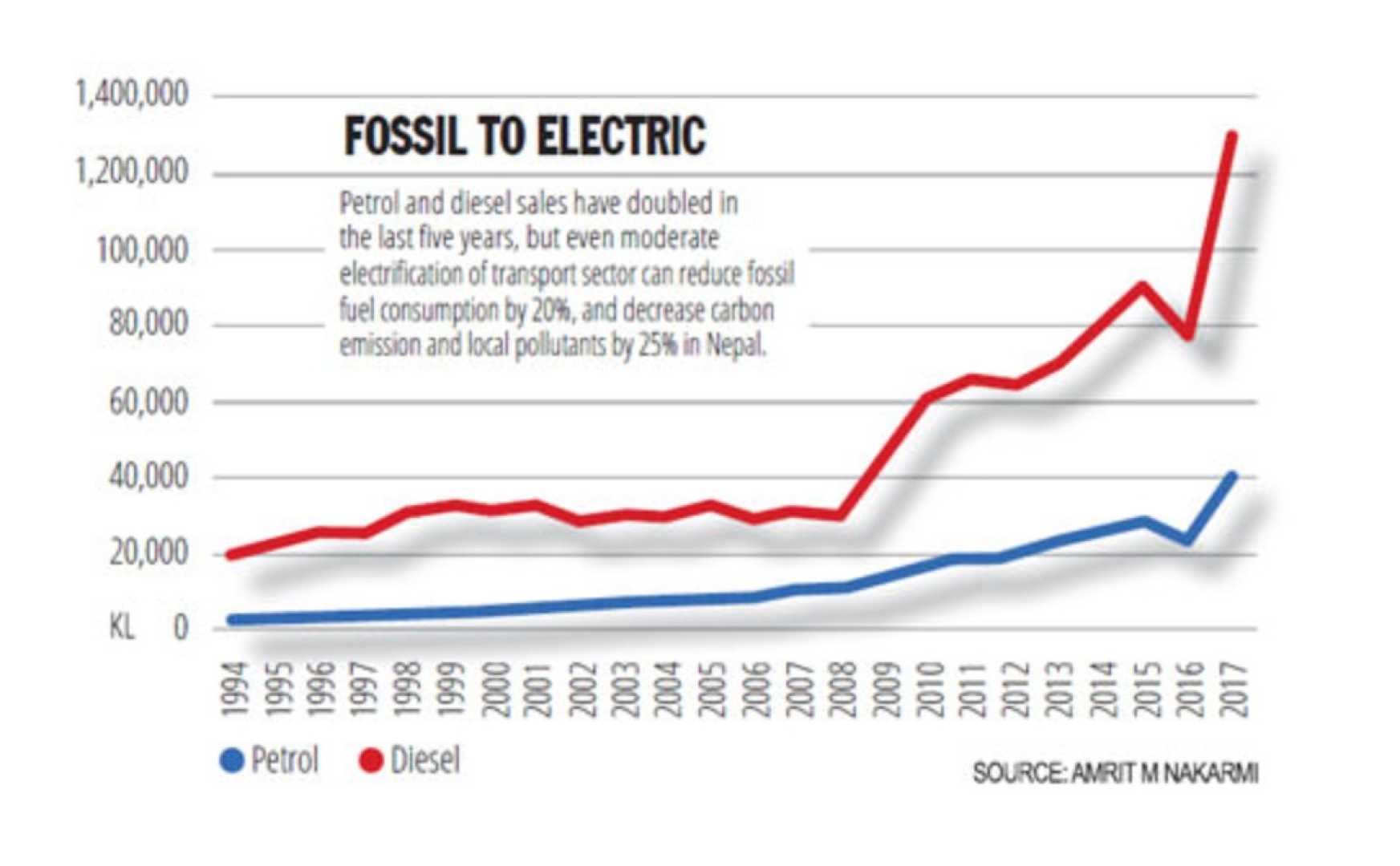News
Nepal Surges Ahead in Electric Vehicle Adoption

Kathmandu, Nepal—Nepal is emerging as a leader in electric vehicle (EV) adoption, with recent statistics revealing that 76% of new passenger vehicles sold in the country last year were electric. This significant shift comes as the global average for electric vehicle sales remains around 20%.
The remarkable growth in Nepal’s EV market can be attributed to several factors, including the country’s abundant hydropower resources, favorable import tax policies, and a rising infrastructure for electric vehicles. The government’s aggressive strategy to lower import taxes for EVs to as low as 40%—compared to 180% for traditional internal combustion engine (ICE) vehicles—has made electric options more economically attractive.
Yamuna Shrestha, who became Nepal’s exclusive dealer for Chinese manufacturer BYD, operates 18 dealerships and anticipates selling 4,000 vehicles in 2025. She noted, “Consumers are getting Tesla-tier vehicles at half the price,” highlighting how Chinese brands are revolutionizing the local automotive market.
The infrastructure for charging electric vehicles has also developed rapidly, with the government installing 62 public charging stations and numerous private entities adding more. Compared to gasoline, charging an EV costs about 15 times less, making electrification an appealing option for consumers.
However, despite its success, Nepal faces challenges. The country has experienced political instability, having three prime ministers in just five years, which could threaten the ongoing progress towards electrification. In addition, while private EV adoption is booming, public transportation remains largely reliant on fossil fuels, and experts estimate that at least 800 electric buses are necessary to significantly transform mobility in urban areas.
Chiri Babu Maharjan, the mayor of Lalitpur, expressed concerns about the difficulties in reducing fossil fuel vehicles, stating, “This is very difficult, but we must do something.” As the EV market continues to grow, professionals and policymakers are urging the government to establish comprehensive plans for battery recycling and vehicle safety regulations, to sustain the momentum of electric vehicle adoption.
Nepal’s electrification journey is unique yet inspirational, showing how a nation can shift from minimal electric vehicle presence to a thriving market within just a few years. The country’s innovative use of clean energy and strategic policies may serve as a model for other nations looking to increase their electric vehicle markets.












